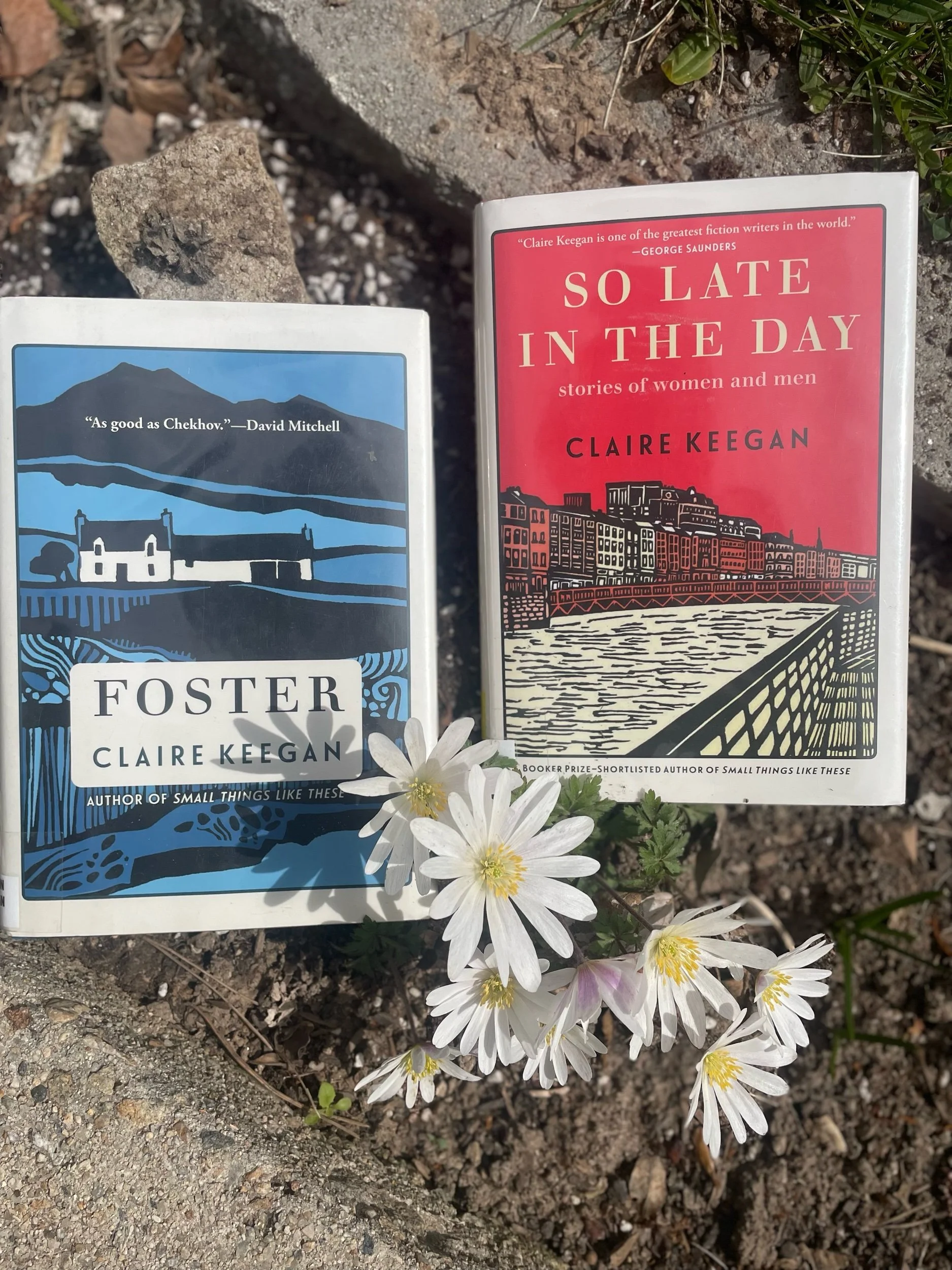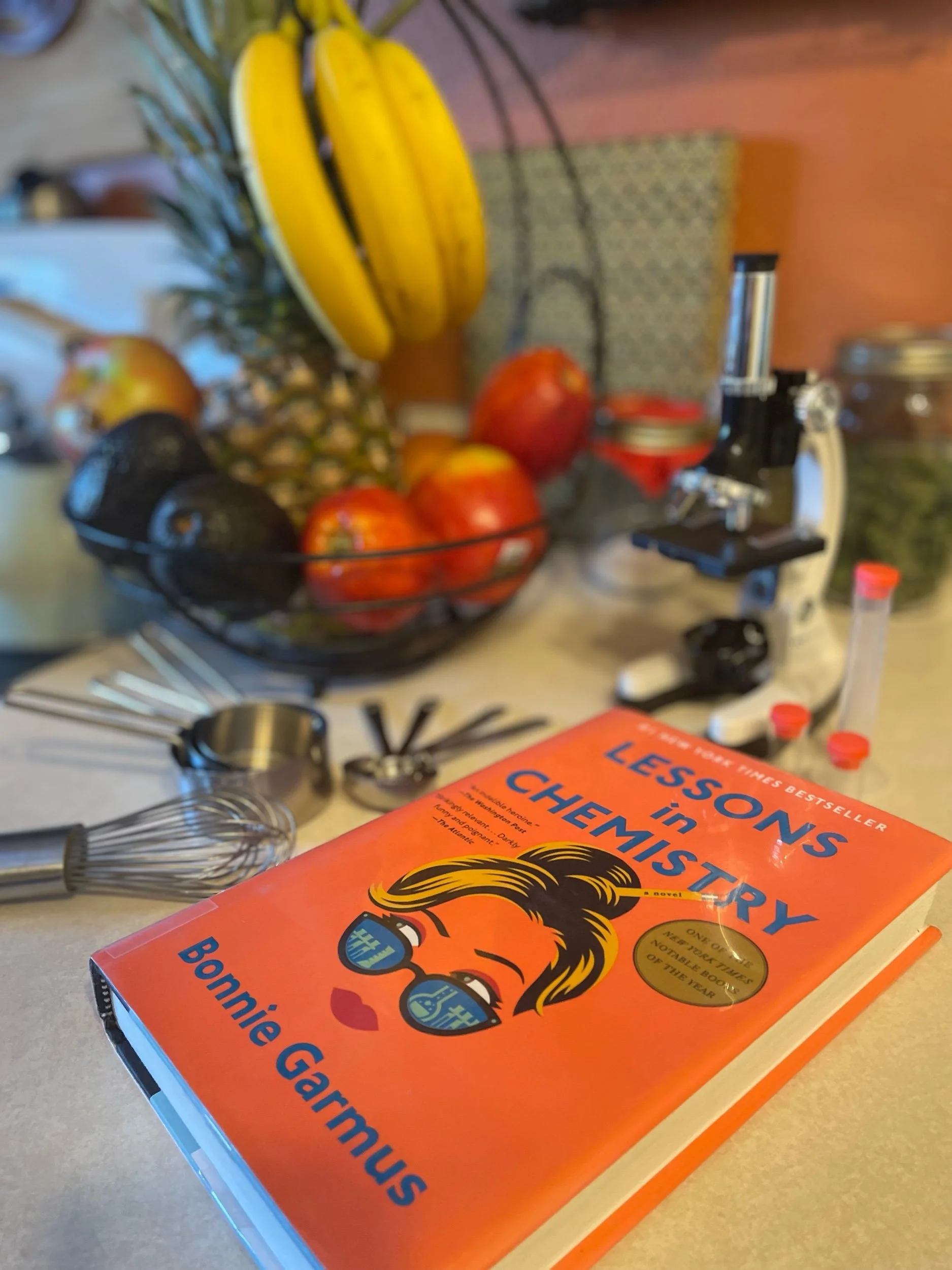Excellent Women
One of the things I love about reading books like Barbara Pym’s Excellent Women (1952) is the way the characters and language transport me to mid-20th-century England—London in this case—and highlight the myriad Britishism that a Yank like me pauses and considers. Surely, I think, “slut” must mean something else; as in: “‘You'd hate sharing a kitchen with me. I'm such a slut,' she said, almost proudly” (4). And, indeed it does. But the linguistic differences is just the start of what makes Excellent Women so, well, excellent. Pym’s novel emerges from the first person perspective of Mildred Lathbury, “an unmarried woman just over thirty, who lives alone and has no apparent ties” (in her own words on page 1). Her world of quiet suppers with her bachelor clergyman and his spinster sister at the vicarage quickly alters as Mrs. Napier moves in to the flat below her; the flat with which she shares a bathroom. Mrs. Napier and her husband, the much-anticipated Rockingham, are not what one might expect from a married couple in post-WWII England. Excellent Women quickly populates—around the life of Miss Lathbury—with eccentric and entertaining characters, and readers meet and interact with them all through her delightful perspective. While the novel is set in London, it has a decidedly village feel and Mildred Lathbury is a wildly likable narrator.
Themes of gender roles, women professionals, marriage, love, high vs low Church of England, Catholicism, and divorce arise in Excellent Women. Originally published in 1952, and eventually making its way to American readers in 1978, Pym’s novel plays with desire, humor, and the life of excellent women in ways that anticipate the “liberation” from domestic spheres and constrained gender roles of later women’s lib. Indeed, marriage may not be the only happy space for an excellent woman to occupy, Pym’s novel suggests. Or at the very least, Excellent Women, encourages its readers to see the humor and playful absurdity of human connections, particularly romantic love. Through all the messiness of relations, Mildred is steady and very perceptive as she maneuvers among quite a band of individuals including the naively trusting brother-sister duo at the vicarage, the boldly liberated Evelyn Napiers, her dashing husband Rocky, the studious anthropologist Evard Bones, and of course fellow spinster and school friend Dora and her civil servant brother, William. (There are, one should note, some truly great names among Pym’s characters.)Through humor and juxtaposition, Pym insists we humans ought not take ourselves too seriously. At one great moment in the novel, for example, Mildred says, “'Perhaps it's better to be unhappy than not to feel anything at all’” (102). The friend to whom she speaks these profound words responds only by saying she needs to use the toilet. And there we have it: the perfectly oblivious detachment that can only be embraced with humor (lest we cry over the many little tragedies that make up life).
Excellent Women abounds with pithy lines about the nature of men and women. It is also an invitation from the honest narrator to sail in the sea of human connection even when the waves get a bit rough. In the end, Mildred and the reader alike find that the world relies on the steady hand of excellent women to guide the boat back to harbor; and guide it they always do. It is ontological.
Bibliography:
Pym, Barbara. Excellent Women. Penguin Classics: 2006.
A Few Great Passages:
“I did not then know to the extent I do now that practically anything may be the business of an unattached woman with no troubles of her own, who takes a kindly interest in those of her friends” (40).
“I must admit I always feel the presence of God much more when I'm in a garden or on a mountain,' she continued” (44).
“'Life is disturbing enough as it is without these alarming suggestions. I always think of you as being so very balanced and sensible, such an excellent woman. I do hope you're not thinking of getting married?’” (61).
“Then I went back to my flat and collected a great deal of washing to do. It was depressing the way the same old things turned up every week. Just the kind of underclothes a person like me might wear, I thought dejectedly, so there is no need to describe them” (75).
“[T]hen I told myself that, after all, life was like that for most of us—the small unpleasantnesses rather than the great tragedies; the little useless longings rather than the great renunciations and dramatic love affairs of history or fiction” (90).
“My thoughts went round and round and it occurred to me that if I ever wrote a novel it would be of the 'stream of consciousness' type and deal with an hour in the life of a woman at the sink” (144).
“It was not the excellent women who got married” (152).
“The truth was, I thought, looking once more at the letter on my desk which could not now be finished tonight, that I was exhausted with bearing other people's burdens, or burthens as the nobler language of our great hymn-writers put it. Then, too, I had become selfish and set in my ways and would surely be a difficult person to live with” (186).
“'Nothing can ever be really the same when time has passed,' I said, more to myself than to them, 'even if it appears to be from the outside’” (211-212).






